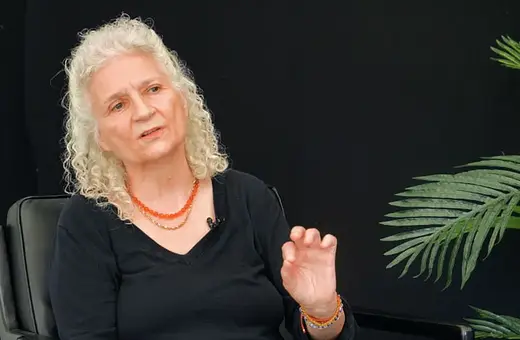Imagine the position of women in relation to their men in a society where husbands have legal power over their wives: the power, for example, to determine where they may appear in public, who they may associate with, what church they may attend, and so on. And now imagine a woman whose husband dotes on her, as Torvald dotes on Nora in Ibsen’s play, A Doll’s House, giving her carte blanche: allowing her, in effect, to act as she wills within the range, intuitively, of personal liberty.
Does Nora free enjoy freedom of choice in that domain, thanks to Torvald’s indulgence?
Surely not. Nora can act as she wishes in that range of choice, it is true. But she can only act as she wishes because Torvald is willing to let her act as she wishes. She depends on his will for being able to act as she wills, so that it is his will that is ultimately in charge. Like a horse that is given its head, to invoke an old metaphor, she may enjoy free rein. But it is Torvald who is in the saddle, able to pull back at any point on that rein.
Accept these observations about freedom, and they have many lessons to teach us, not least in the new domain of digital communication.
We all now recognize, as we receive advertising that reflects our past choices, that the companies on which we rely for various services have a means of targeting us individually, a means of keeping tabs on our movements, and a means, in principle, of interfering coercively in our lives. Thus they have the means of exposing us to shame for any embarrassing use of the internet; exposing us to financial restriction—in effect, penalties—for any evidence of carelessness in the use of our funds; and exposing us to governmental surveillance for possibly suspicious activities.
This exposure to the possibility of interference means that in a realm of personal freedom, as we might have thought of it, we are not actually free. We may not suffer any of the penalties to which we are exposed. But, as in the case of Nora and Torvald, the exposure is sufficient in itself to compromise our freedom.
___
"The existence of the power [of Google and Facebook] is a problem, independently of its exercise. As the benevolence of a despot does not remove the despotism, so it will not remove the power of the big brotherhood."
___
We avoid the interference available to our digital providers only insofar as they are willing to be indulgent. Thus we depend on their goodwill, as Nora depends on the goodwill of Torvald, for escaping such interference. We do not enjoy their non-interference or restraint as a matter of robust, enforceable right, as freedom properly requires. We enjoy it only contingently on their willingness to grant it.
Does it matter that there are a number of companies in operation, not just a monopoly firm, and that we can exercise a power of exit by leaving one and joining another? No, it does not. None of the enterprises offers us personal security against their capacity to target us. Nor have any of them got an incentive to provide such security, since their ability to target is essential for attracting commercial advertising.










Join the conversation